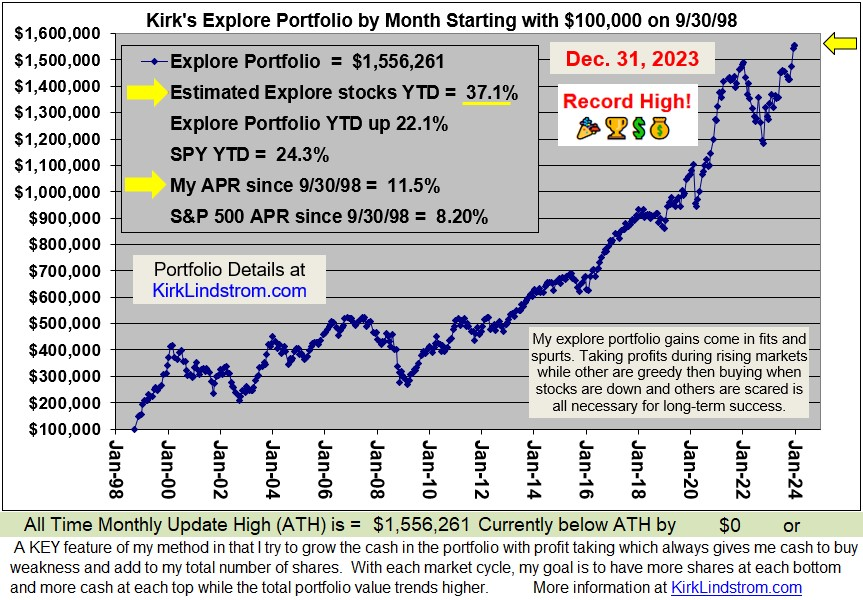Real gross domestic product -- the output of goods and services produced by labor and property located in the United States -- increased at an annual rate of 2.5 percent in the first quarter of 2013 (that is, from the fourth quarter to the first quarter), according to the "advance" estimate released by the Bureau of Economic Analysis. In the fourth quarter, real GDP increased 0.4 percent.
The Bureau emphasized that the first-quarter advance estimate released today is based on source data that are incomplete or subject to further revision by the source agency (see the box on page 3 and "Comparisons of Revisions to GDP" on page 5). The "second" estimate for the first quarter, based on more complete data, will be released on May 30, 2013.
The increase in real GDP in the first quarter primarily reflected positive contributions fromWe had a good discussion of this release in my "Investing for the Long Term" Facebook group where many questioned how could ECRI think we are in a recession with 2.5% GDP growth.
personal consumption expenditures (PCE), private inventory investment, exports, residential investment, and nonresidential fixed investment that were partly offset by negative contributions from federal government spending and state and local government spending. Imports, which are a subtraction in the calculation of GDP, increased.
Lakshman Achuthan from ECRI posted the following comments: (Text follows image)
Text for my articles
Lakshman Achuthan You're not alone in thinking our recession call was wrong. Still, the facts are that the GDP release on August 28, 2008 – with the economy eight months inside the Great Recession – revised Q2/08 GDP growth to 3.3% from 1.9%, up from 0.9% in Q1/08. But both of those data points, as well as GDP data for the first two quarters of the 2001 and 1990-91 recessions, were subsequently revised by 2 to 4 percentage points over time. This is how real-time data often behave during recessions.
Lakshman Achuthan Hardly any economists recognized the severe 1973-75 recession until almost a year after it started. Indeed, that recession began with the ISM at 68.1, and payroll jobs growth did not turn negative for eight months.
In 1970, unaware that the economy was nine months into recession, none other than Paul Samuelson said that the NBER had worked itself out of a job, meaning that improved policy expertise had made recessions very unlikely. http://www.businesscycle.com/ecri-news-events/news-details/economic-cycle-research-the-2012-recession-are-we-there-yet
Lakshman Achuthan Just to clarify, a recession is not defined by two successive quarters of negative GDP, rather it's a self-reinforcing downturn in economic activity, when a drop in spending leads to cutbacks in production and thus jobs, triggering a loss of income that spreads across the country and from industry to industry, hurting sales and in turn feeding back into a further drop in production - in effect a vicious cycle.
http://money.cnn.com/2008/05/05/news/economy/recession/








No comments:
Post a Comment